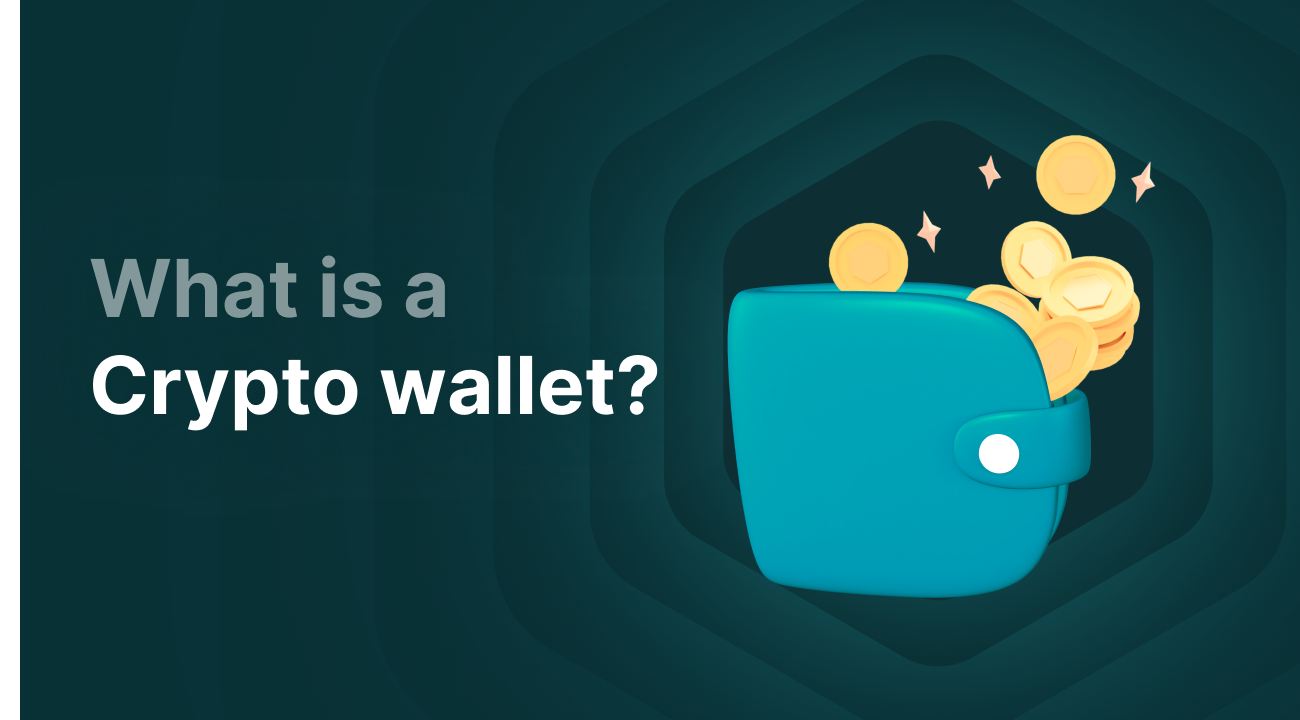What Is a Crypto Wallet and How Does It Work?

What Is a Crypto Wallet?
A crypto wallet, also known as a cryptocurrency wallet, is a digital tool that lets you store, send, and receive cryptocurrencies. Think of it like a digital safe for your crypto. Unlike a regular wallet where you stash cash, a crypto wallet doesn't actually store coins. Instead, it holds the keys that let you access your crypto on the blockchain. In this article, we'll break down what a crypto wallet is, how it works, the different types of wallets, and how to keep yours safe.
Quick Overview
- A crypto wallet holds the keys that give you access to your cryptocurrencies on the blockchain.
- There are two main types of wallets: hot wallets (online) and cold wallets (offline).
- Custodial wallets let someone else manage your keys; non-custodial wallets mean you handle them yourself.
- Active traders usually go for hot wallets, while long-term holders prefer cold wallets like hardware wallets.
- Good security practices like strong passwords, safely storing your seed phrase, security software, and being alert for phishing attacks are crucial to protect your wallet.
How Do Crypto Wallets Work?
First, let's quickly cover what a blockchain is. It's a decentralized network that records transactions in linked blocks. Every cryptocurrency, like Bitcoin or Ethereum, only exists on the blockchain — your wallet doesn't actually "hold" them.
Instead, a crypto wallet uses private and public keys to connect to the blockchain. Your public key acts like a bank account number that people can use to send you crypto. Your private key is like your PIN, but instead of a code, it's a "seed phrase" — a string of random words. Your private key must stay secret because it's the only way to access your wallet.
What Types of Crypto Wallets Are There?
Crypto wallets connect to the blockchain in different ways, and there are two main types: hot wallets and cold wallets. Depending on how often you trade, each has its pros and cons.
Hot Wallets
Hot wallets are connected to the internet, making them great for daily use: quick transactions, easy-to-use interfaces, and access anywhere you have Wi-Fi. But they are more vulnerable to online threats like hacking or phishing since they store your private keys online.
Examples of hot wallets:
- Web wallets: These are wallets you access through a browser. Examples are MetaMask or the wallet features on Finst. No downloads needed — just create an account and you're good to go.
- Desktop wallets: Software you install on your computer. Your private keys are stored on your device. They're generally safer than web wallets, but you need to keep your computer virus-free.
- Mobile wallets: Apps for your smartphone. Perfect for trading on the go, with super easy transaction options.
Cold Wallets
Cold wallets aren't connected to the internet, so they're much safer from online attacks. They're great if you're planning to hold crypto long-term. These wallets usually come as physical devices that store your keys offline.
Examples of cold wallets:
- Hardware wallets: Physical devices that generate and store private and public keys offline. They're one of the safest options out there. Brands like Ledger and Trezor are popular. Downside? You need to have your device handy to trade.
- Paper wallets: A piece of paper showing your public and private keys as QR codes. They're cheap but super vulnerable to damage or loss.
Custodial vs. Non-Custodial Crypto Wallets
Besides hot and cold wallets, there’s also the question of who controls your keys.
With custodial wallets, a third party like an exchange holds your private keys. You have access to your crypto, but you’re not the true owner. If the exchange goes down or gets hacked, you could lose your assets.
With non-custodial wallets, you’re 100% in charge of your private keys — and your crypto. The popular phrase "Not your keys, not your coins" says it all.
Which Crypto Wallet Is Right for You?
Choosing the right wallet really comes down to what kind of trader you are and how much you value security.
If you trade daily and want quick access to your crypto, a hot wallet is super convenient. Finst’s platform offers a friendly interface and fast transactions.
If you’re in it for the long haul and security is your top priority, go for a hardware wallet. With Finst, you can send your crypto to an external wallet for safekeeping.
How to Keep Your Crypto Wallet Safe
Protecting your crypto wallet is key to keeping your assets secure. No matter which type you use, it’s up to you to safeguard your crypto.
-
Use strong passwords and two-factor authentication (2FA)
Especially for software wallets. Always create unique, strong passwords and enable 2FA whenever you can. At Finst, we also add extra layers like email and SMS verification whenever a new device tries to log in. -
Keep your seed phrase safe
Your seed phrase is your wallet’s backup. Never share it with anyone — no legitimate service will ever ask for it. Store it safely offline and never make digital copies. -
Use a hardware wallet for big or long-term holdings
Devices like Ledger or Trezor keep your private keys offline and away from hackers. -
Install security software and keep your devices clean
Make sure your computer or phone has antivirus programs, firewalls, and anti-malware tools. Also, keep your system and wallet apps updated. -
Watch out for phishing and fake sites
Always double-check URLs before logging in. Never click suspicious links in emails or messages. A real company will never ask for your private keys or seed phrase. -
Use multiple wallets
Split your holdings across different wallets. That way, even if one wallet is compromised, you don’t lose everything.
Conclusion
A crypto wallet is essential for safely storing, sending, and receiving cryptocurrencies. Whether you pick a hot wallet for daily trading or a cold wallet for long-term savings, each comes with its own perks and risks. Picking the right one depends on your needs and how much you prioritize security. No matter what, it’s super important to use strong security practices to protect your assets from hacks or theft.
